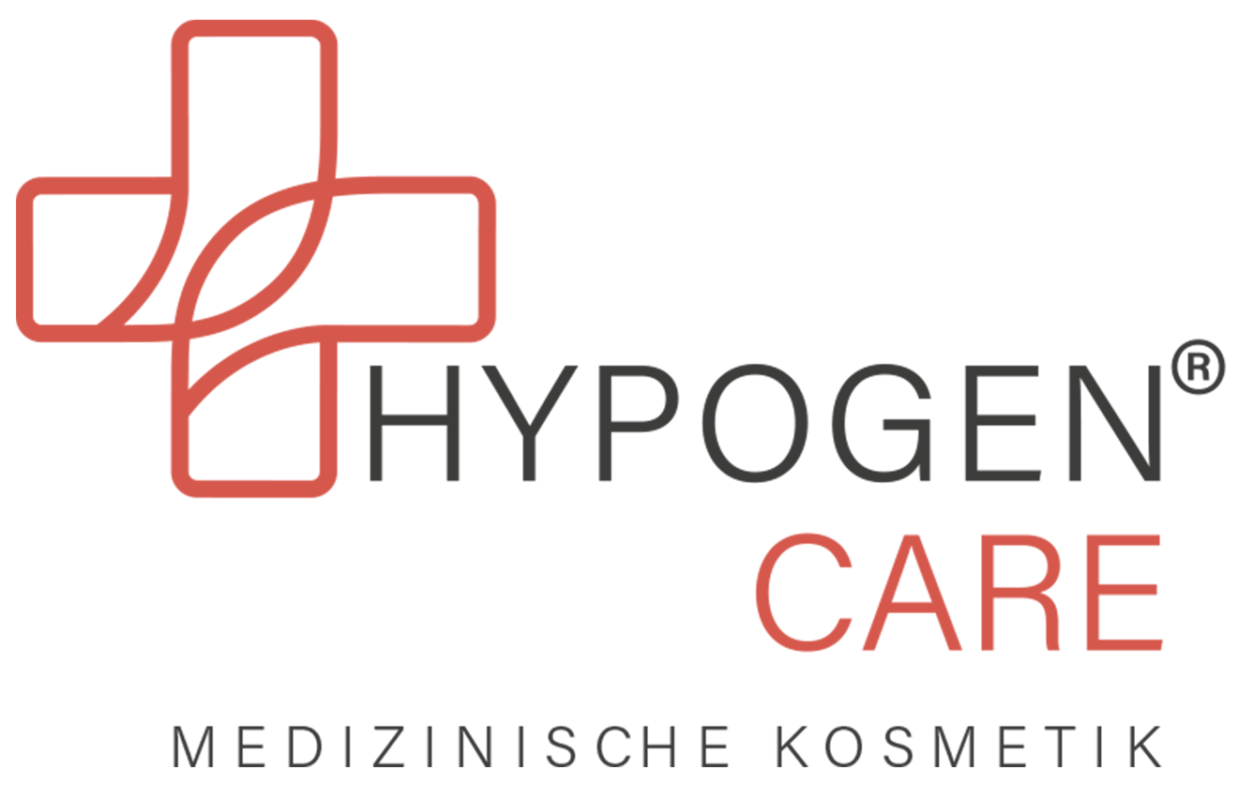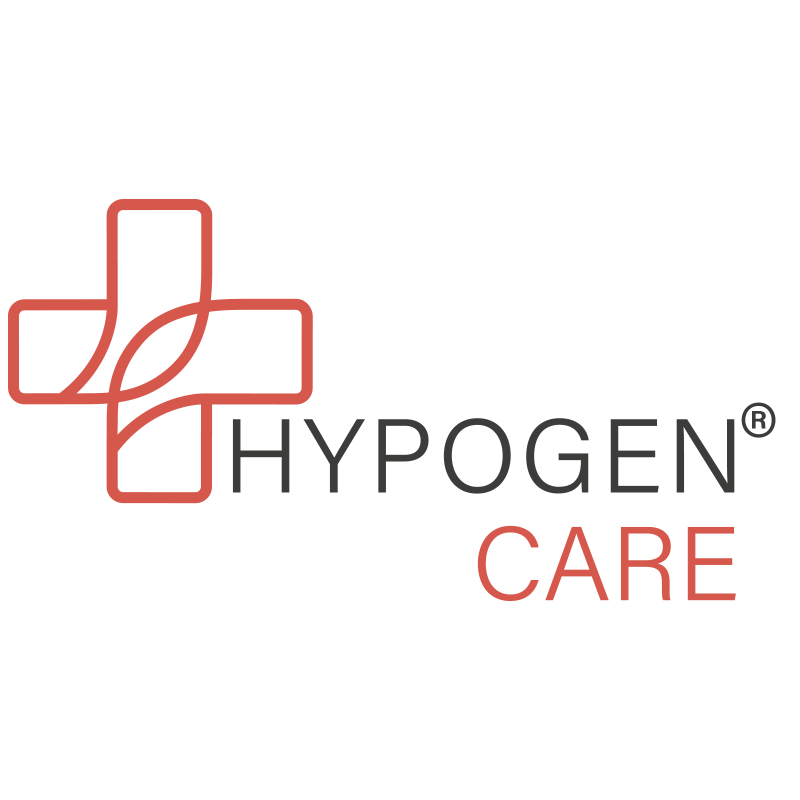SKIN
Pimple
Recommendation
The body should only be washed with HYPOGEN CARE Shower Foam. The Shower Foam is so mild and has such a low proportion of surfactants (detergents) that it cleans as gently as possible. For hand washing, HYPOGEN CARE Washing Lotion is recommended instead of the shower foam.
After washing, thoroughly rinse the cleansed skin areas - especially the pustular areas.
Then apply HYPOGEN CARE LLS Care Cream to the skin - be gentle on the affected areas. The cream should be applied after every shower or cleansing. Basic care with Shower Foam and LLS Care Cream significantly reduces the skin's susceptibility to pustule formation.
If the skin is generally very dry, HYPOGEN CARE Skin Care Oil should be massaged into the skin before using LLS Care Cream . This should also be done gently on the areas of skin irritated by the eczema. Applying the skin care oil in this way relaxes the skin and reduces its susceptibility to tearing.
Now apply a thin layer of HYPOGEN CARE Wound Care Lotion locally to the pustular area or HYPOGEN CARE Wound Care Fluid for larger areas of eczema. Do not wash or wipe off, but allow to absorb or dry. Cracked skin can also be treated locally with Wound Care Lotion (apply thinly).
For pustular skin on the face, the use of HYPOGEN CARE Facial Cleanser in combination with HYPOGEN CARE Make-up Remover Oil (if required) is recommended. This replaces Shower Foam in the treatment procedure described above. In the case of severe pustules, however, make-up should be avoided if possible until they have subsided.
The effect is dermatologically confirmed: In general, good skin care according to this recommendation can be expected to provide significant relief of pustular skin in more than 90% of cases.
Features
Pimples - also called pustules, pustules or whimpers - are small cavities on the surface of the skin filled with pus, usually painful to the touch. They have a red color, with the tip of the blisters often colored white.
*The recommendations of the navigator on symptoms, diseases, etc. are not a substitute for professional advice or treatment by a doctor. In general, it is advised to consult a specialist for medical guidance in case of skin diseases. The recommendations of the navigator must not be used for independent medical treatment: The correct classification of symptoms, diseases and clinical pictures, etc. can only be provided by a physician, especially in the case of multiple diseases.

